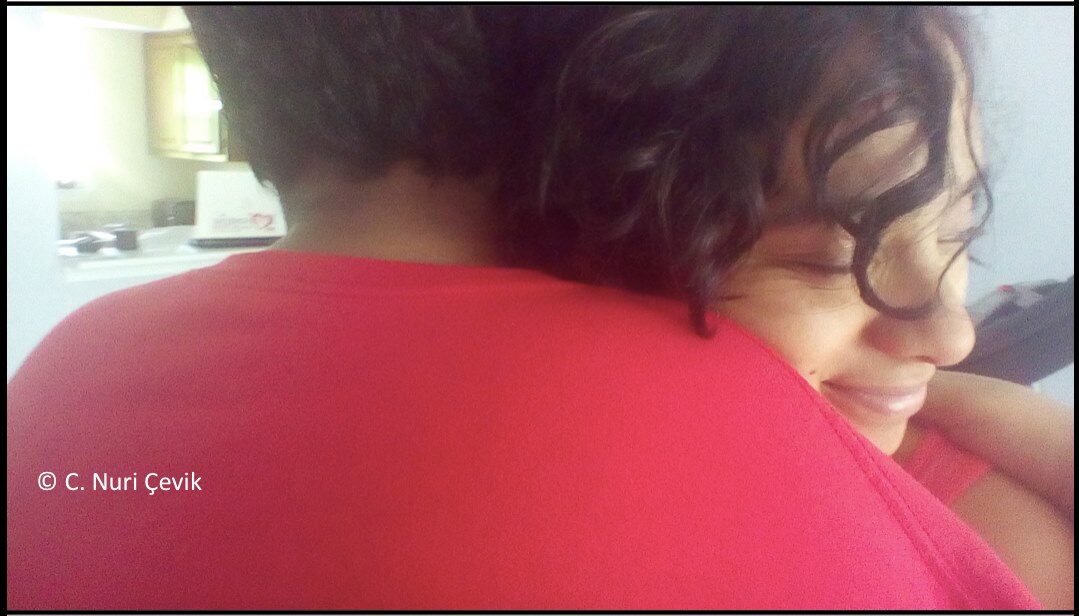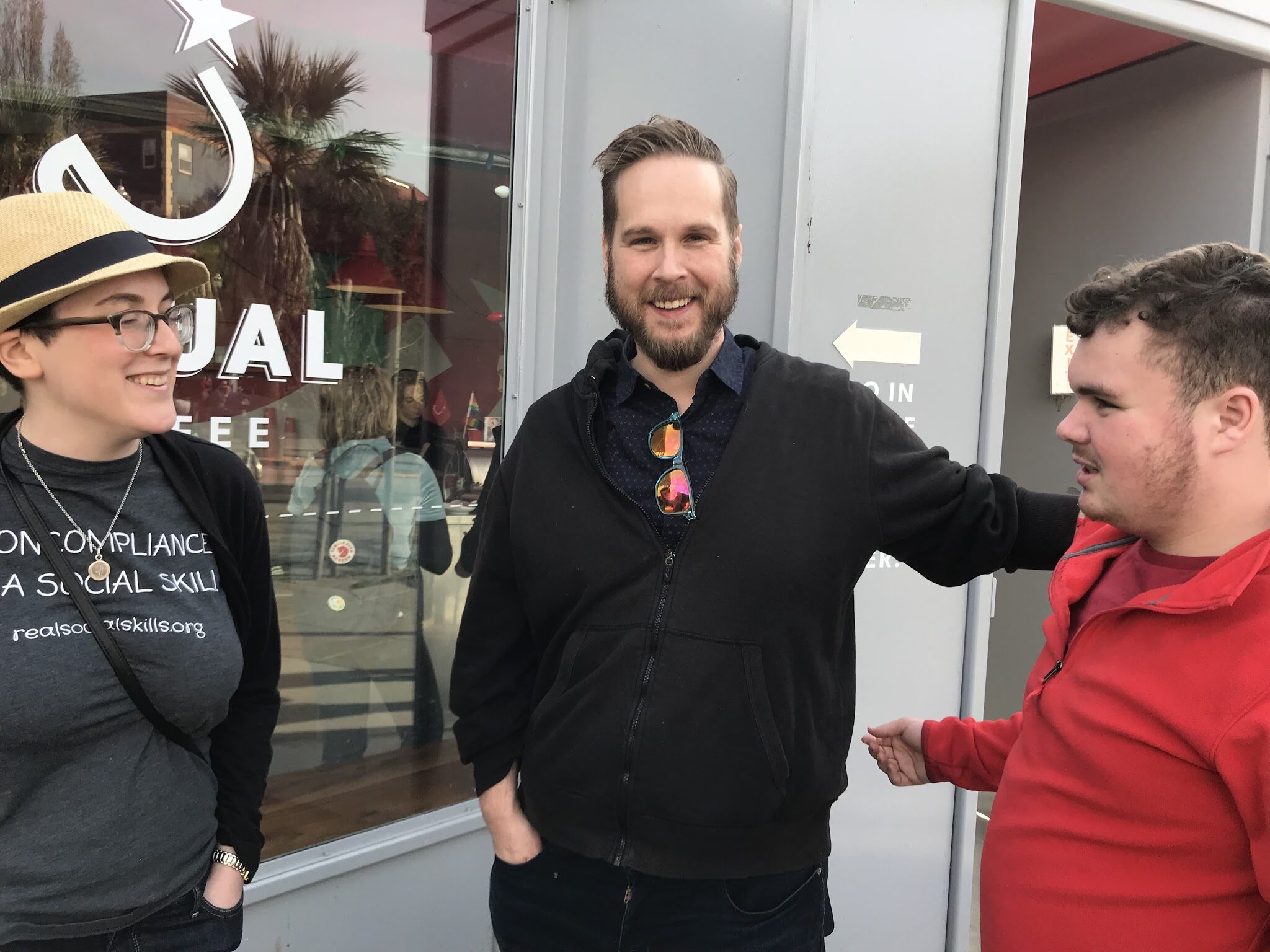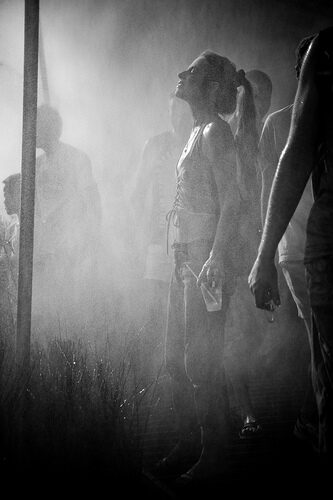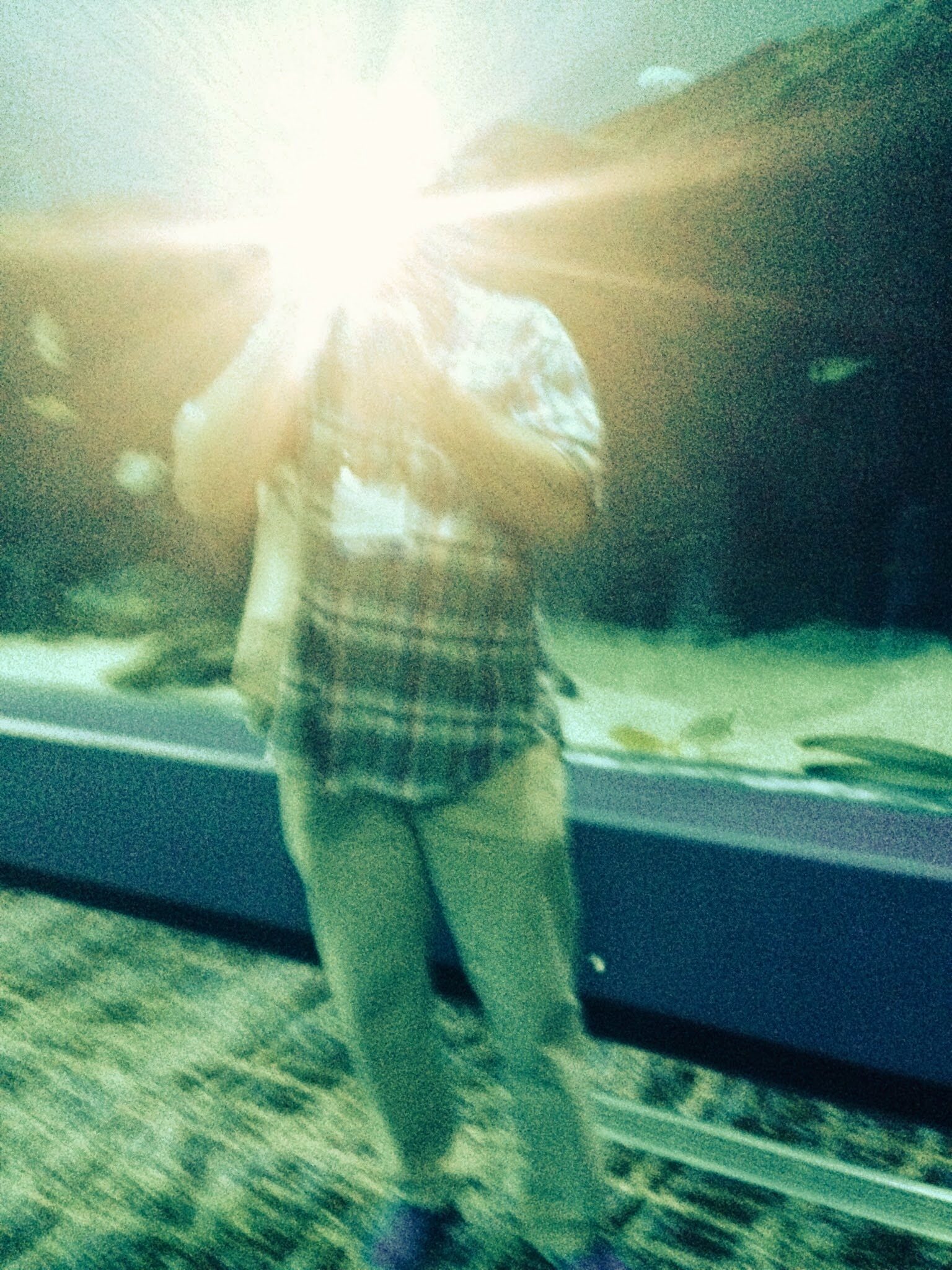An autistic young person has the right to have an active and willing agency in the process of deciding who to befriend, what boundaries should be set on such friendships and who they are just not comfortable with.
Tag: rights
Cal Montgomery Photo © Teresa Alexander-Arab | Flickr / Creative Commons [Image: A green buoy on the surface of a body of water on a sunny day.] Autism is not behavioral. Atypical behavior is not autism. It is a consequence of autism. It is surface markers by which what is underneath may be suspected, diagnosed, and investigated. Altering behavior doesn’t alter autism. Everything we recognize has surface markers. Fear, for instance, may look like a cold sweat, breathing hard, and dilated pupils, but that is not what fear is. ABA, the most popular monopoly for interacting with autistics, denies the “underneath.” It says that the surface markers are all that matter. It is profoundly dehumanizing. It is also a worldview that is almost impossible to maintain. When you call autism a behavioral disorder—and I am not touching the “disorder” part right here but I also do not accept it—you are focusing…
When people claim that “cure autism now” and the disease model and the Judge Rotenberg Center are not about me, well I beg to differ. The only reason they’re not about me is that I’m old and verbal enough to not be vulnerable to that kind of abuse. Autistic people do not get abused [and/or put in ABA therapy] because they are low-functioning, they get abused because they do weird things.
From its inception, not only did the neurodiversity movement’s values include the most significantly disabled, but those individuals themselves were among our earliest pioneers.
For people with sensory access needs (like reactions to scented products), accommodations are not acts of good faith or favors, they are our rights!
John Elder Robison was a discussant for the Autism Social, Legal, and Ethical Research Special Interest Group at the 2014 International Meeting for Autism Research (IMFAR). He ended up taking the group to task, stating that the autism science community is headed for disaster if it does not change course on several factors – and noting for context the larger size of the US autistic community in proportion to other minority groups such as Jewish or Native American communities. Mr. Robison asserted that autistic people need to be the ones providing oversight and governance for autism research. He condemned the use of words like “cure.” He pointed out that researchers’ explicit or implicit efforts to eradicate autistic people is a formula for disaster and needs to stop. And he affirmed that memoirs and narratives written by autistic people are more trustworthy than writing about autism by nonautistics. Many thanks to…
This April will once again be Autism Acceptance Month on Thinking Person’s Guide to Autism, in the spirit of Paula Durbin-Westby’s Autism Acceptance Day and Month initiative at autismacceptanceday.blogspot.com, and ASAN’s Autism Acceptance Month project. We want to help make April matter, in terms of helping spread the word and further acceptance and understanding of autistic experiences, happiness, and rights — and we’d like you to participate if you’re willing and available. Here’s what to do: Please send us a post or captioned picture that represents the message or story you’d like thousands of people to see and/or hear for Autism Acceptance Month. It doesn’t have to be an original submission (we understand that everybody wants something from our community members during April), but you do need to own the copyright. Submissions can be emailed to thinkingautism at gmail dot com. That’s it. We’ll publish a new essay, story, or…
Emma Apple emmaapple.com The month of Autism Awareness and Acceptance — April — is more than a month past, but the campaigns continue. There’s Autism Acceptance Year, all those Facebook “Every Day is Autism Awareness Day at Our House” images that go around (which I love!), and there’s the ongoing efforts of self-advocates, parents, and allies who want you to be aware and — more importantly — accepting and understanding of what autism is and what it means for autistic individuals and their families. So, aside from Blue Hijab Day, here’s my contribution this year for Autism Acceptance. Five Ways to Accept Autistic Kids Be Patient. This really goes for kids of any variety. They have as much right as you to be out in the world and to take part fully in a world that will soon be theirs. Kids in general — but often especially kids with special…
Syracuse University professor Alan Foley developed iAdvocate, a free iPhone app that helps parents of school-age children with special needs “share and develop specific strategies with parents for working collaboratively with a school team to improve their children’s education.” We’re grateful to Dr. Foley for talking with us about how iAdvocate can help our families, his development process, and how his app is setting a advocacy precedent. We recommend reading Syracuse University Magazine’s excellent Spring 2011 Access and Opportunity article for more information about Dr. Foley’s work. Your app is remarkable, and is filling a role a lot of people hadn’t anticipated — when it comes to autism and other developmental disabilities that can have a language component, folks tend to focus on iPods and iPads in an AAC (Augmentative and Alternative Communication) capacity. Apps like iAdvocate clearly demonstrate that these devices can be so much more. What inspired you…







